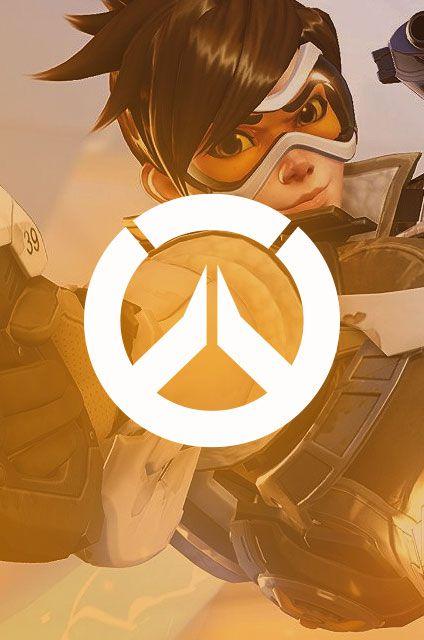

- Faceit anti cheat kernel level install#
- Faceit anti cheat kernel level driver#
- Faceit anti cheat kernel level Pc#
“It's there to make sure that from the start of your computer booting until when the game starts, the system hasn't been compromised or tampered with.
Faceit anti cheat kernel level driver#
“The driver itself doesn't do any of the scanning or communicate with the network or anything like that,” Chamberlain said.
Faceit anti cheat kernel level install#
Players even have to reboot their computers before starting the game for the first time, in order to properly install Vanguard’s kernel-mode component.
Faceit anti cheat kernel level Pc#
The driver runs the entire time your PC is on, even if you’re not playing Valorant. Vanguard has two main components: a traditional scanning service that boots up when the game does, and a device driver that loads at system start. If that was requested we would probably not allow it to happen. And then, I ran his answers by independent security researcher Saleem Rashid. With all of this in mind, I asked Chamberlain to explain why Vanguard works the way it does. And then B, that if that was requested we would probably not allow it to happen.” “I fundamentally believe that A, that would never happen. “In my five years at Riot I've never encountered a singular time where our parent company has ever requested or attempted to access any data that we have,” he said. And finally, Riot is fully owned by the gigantic Chinese technology conglomerate Tencent, fostering fears about the Communist Party of China accessing players’ data.Ĭhris Hymes had something to say about that last bit. Lawmakers are still negotiating the final amount that Riot will owe, and in January they suggested it could hit $400 million. Second, following years of reports of sexual harassment and the studio’s frat-house-style culture, Riot settled a gender discrimination lawsuit in 2019 and agreed to pay at least $10 million to its employees and contractors who identify as female. First, it’s a multibillion-dollar tech company at a time when anti-corporate sentiment is all the rage. Riot has faced a few challenges to its reputation in recent years. Which brings us back to the issue of trust. ESEA apologized and donated all of the money to the American Cancer Society.

The developer generated nearly $4,000 off the backs of unsuspecting players’ GPUs before he was caught. This is despite the fact that in 2013, an ESEA developer used the software’s kernel access to turn players’ computers into a secret, large-scale bitcoin mining farm. Meanwhile, services like FACEIT and ESEA have “always-on” drivers, though after years of use and updates, they feel less invasive than Vanguard to many players. Other popular systems like DayZ’s BattlEye and Fortnite’s Easy Anti-Cheat also use kernel drivers, but they only run when the game is active. Riot isn’t the only company targeting the deepest depths of your computer with its anti-cheat software. “But at the end of the day we're just saying that it's good, and if you're uncomfortable with that, then we understand if you don't want to play.” “That's the only assurance we can really give, is that we care about this a lot and we've put a lot of effort into doing things the right way with security reviews, transparency and all this,” Chamberlain said. Just three weeks after Valorant and Vanguard went live in a closed beta, Reddit was packed with criticism and conspiracy theories relating to Vanguard’s omnipotence. The changes were in response to persistent online skepticism of Riot’s new, kernel-level anti-cheat system, and they were intended to give players more control. I talked with him and Riot’s chief information security officer Chris Hymes two days after their teams announced a handful of updates to Vanguard. That’s Paul Chamberlain, security and anti-cheat lead on Valorant. “It's easy to go, ‘This is new, why should I trust it?’ But it's hard to get a satisfying answer because at the very end of it all you should trust us because we're trying to do right by you.” So, with the launch of Valorant and Vanguard, the competitive shooter’s always-on anti-cheat system, the question is clear: Do you trust Riot Games? You’re assuming they’re not installing secret spyware, rummaging around in your files, or selling your keystrokes to the highest bidder. With each click of the OK button, you’re placing implicit trust in whatever company or person is distributing that software. Every time you install a new program on your computer, you’re taking a risk.


 0 kommentar(er)
0 kommentar(er)
